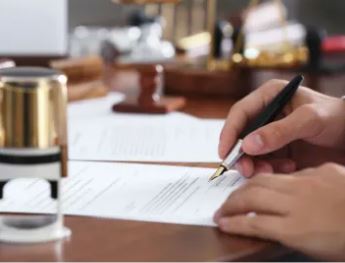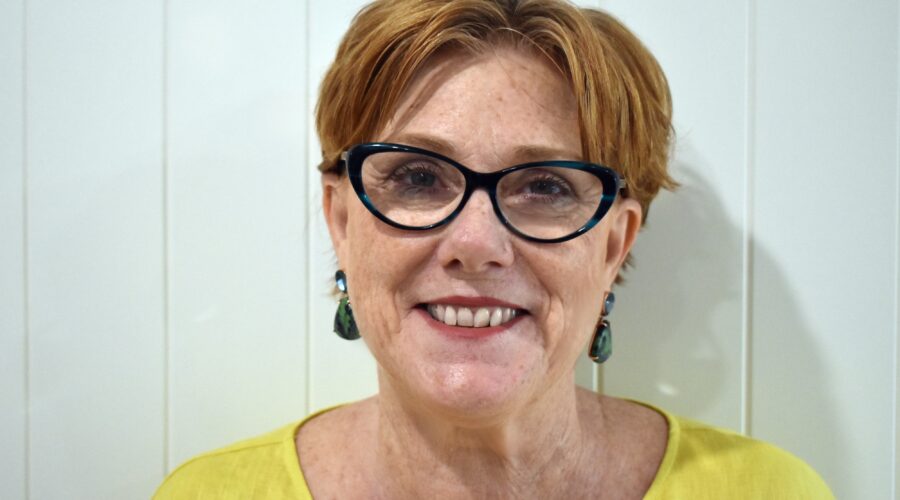
By Special Contributor: Shanna Quinn
One of life’s most stressful events is separation from a spouse or partner. Although some conflict over parenting and financial issues after the breakdown of a relationship is to be expected, it is not inevitable for disputes to be resolved in a Court of Law.
What Is Family Mediation?
Family mediation is where a professional, trained, impartial mediator helps couples, following a separation, explore options and negotiate a settlement acceptable to both parties.
What Issues Can Mediation Assist With?
Issues that can be assisted by mediation include, but are not limited to:
CHILDREN
- Living and care arrangements for children
- Education
- Relocation
FINANCES
- Division of assets including real property, investments, savings, pensions, debts, inheritance, probate matters and house contents
- Child maintenance
- Spousal maintenance
DIVORCE
- Deciding on the divorce process
Benefits Of Mediation
- Decisions are made by the parties themselves – not by lawyers or by a court
- It is a faster and cheaper process, avoiding lengthy court proceedings
- The mediator is neutral and impartial
- The process provides an informal, confidential and more personalised space to discuss and resolve issues
- What is said in a mediation is said on a ‘without prejudice’ basis, i.e. whatever is said cannot be used as evidence in a Court. Parties can speak candidly, make and consider concessions and compromises without being worried that they will be used against them later in Court
- Terms of a mediated agreement may be made into a binding consent order, enforceable at law
- It can be voluntary or court ordered
- The process is flexible in terms of whether the parties remain together in the one room or are in separate rooms
- Legal representation is optional
- Mutual decision-making encourages ongoing cooperation and helps lower hostility
Who Are The Mediators?
Mediators generally have legal or social science qualifications and substantial professional experience and have undertaken specialised training. In Hong Kong there is the choice of English, Cantonese or Mandarin speaking mediators. Most mediators have been accredited by the Hong Kong Mediation Council. In Hong Kong parties have the benefit of being able to choose a mediator, having regard to professional background and experience, cultural and ethnic background, gender and language.
Do I Need A Lawyer?
Legal representation is optional but mediators will encourage parties to seek legal advice prior to signing the Agreement. While the mediator can provide legal information to the parties and reality test parties’ options and their likely consequences, the mediator will not give the parties legal advice.
If lawyers are present it is usual that they adopt a less adversarial and more conciliatory approach in the mediation. If the lawyers do not attend the mediation, parties are free to speak with their lawyer at any time.
How Long Does It Take?
Generally a mediation can be organized within two to three weeks, if not sooner. Factors that impact on the length of time it takes to reach settlement include:
- Whether the parties have made full and frank disclosure, particularly with respect to financial matters
- The level of hostility between the parties
- The number of issues to be resolved
- The complexity of the issues to be discussed
- Timeliness of legal advice
What Is The Process?
While all mediators have their own personal style the process is uniform and involves:
Pre-Mediation
- The mediator receives the referral
- Relevant information is given to the mediator
- The mediator has a confidential, separate preliminary meeting with each party to obtain relevant history, identify the issues and determine the best process, i.e. whether the mediation will involve joint and/or separate meetings with the mediator
The Mediation
Mediators adopt different models, i.e. some mediators prefer to have the preliminary meetings and first session on the same day. Other meditators prefer to separate the processes. Some mediators prefer half day or full day sessions while others operate on an hourly basis.
The Mediation
- The mediator and parties together identify parties’ respective concerns and issues for discussion
- An agenda is created to ensure all issues are addressed and prioritized
- Relevant information is shared
- Proposals are discussed and options are explored and reality tested
- Parties reach a mutual agreement
Post Mediation
- If the Agreement reached in mediation has not already been reduced to writing and signed, the mediator will prepare the written Agreement
- Parties are encouraged to seek legal advice prior to signing the Agreement
- Typically, the Agreement is made into a Consent Order, which is prepared by the lawyers and filed in Court.
About Shanna: Shanna Quinn has built her career on helping individuals and families navigate disputes and conflict in a fair, equitable and conciliatory manner. Her practical approach to your situation, combined with her extensive experience as a Barrister, Mediator and Forensic Social Worker can add significant value to your case.
Shanna has been involved in highly complex and sensitive cases involving family breakdowns, relationship disputes, child protection and domestic violence orders. Shanna is able to quickly comprehend her clients’ needs, is adaptive and can deliver valuable, practical and prompt legal advice, mediation and training.










